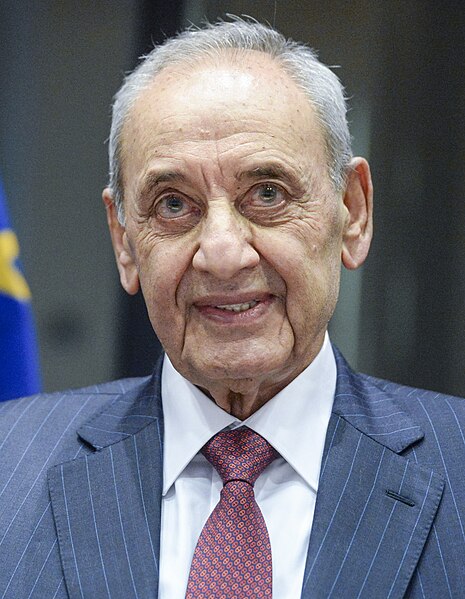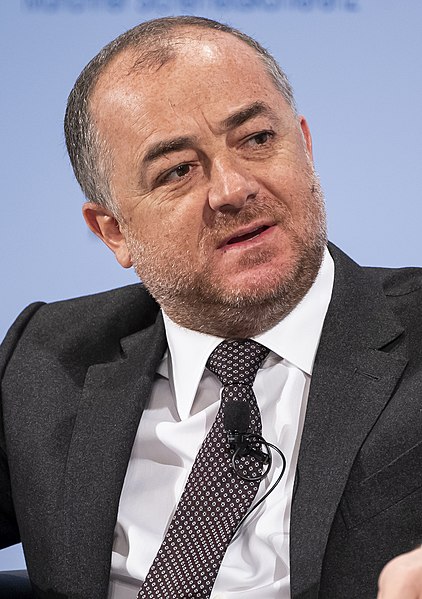Lebanon is a parliamentary democratic republic within the overall framework of confessionalism, a form of consociationalism in which the highest offices are proportionately reserved for representatives from certain religious communities. The constitution of Lebanon grants the people the right to change their government. However, from the mid-1970s until the parliamentary elections in 1992, the Lebanese Civil War (1975–1990) precluded the exercise of political rights.
The Grand Serail also known as the Government Palace is the headquarters of the prime minister of Lebanon
Lebanese parliament building at Place de l'Étoile in Beirut
The Lebanese Parliament is the national parliament of the Republic of Lebanon. There are 128 members elected to a four-year term in multi-member constituencies, apportioned among Lebanon's diverse Christian and Muslim denominations but with half of the seats reserved for Christians and half reserved to Muslims per Constitutional Article 24. Lebanon has universal adult suffrage. Its major functions are to elect the President of the republic, to approve the government, and to approve laws and expenditure.
Parliament of Lebanon
Lebanese Parliament Building 1947
Image: AFET Committee Meeting, Nabih Berri (cropped)
Image: Elias Bou Saab MSC 2019 (cropped)





